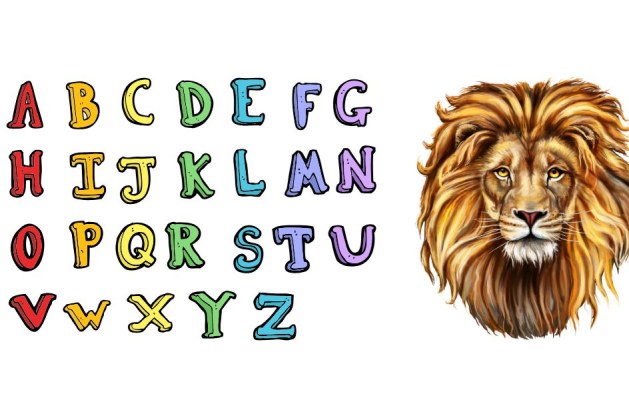When it comes to understanding vowel sounds in English, it’s important to recognize how different words can share the same sound even if they are spelled differently. For example, the word “lion” has a unique vowel sound that may not be immediately obvious from the spelling. In this blog post, we’ll explore what vowel sound is found in “lion” and discover other words that share the same sound, helping you improve your understanding of pronunciation and rhyming patterns in the English language.
Understanding the Vowel Sound in “Lion”
The word “lion” is pronounced as /ˈlaɪ.ən/ in the International Phonetic Alphabet (IPA), where the main vowel sound is the diphthong /aɪ/—the same sound heard in words like “my” or “fly.” This diphthong occurs when two vowel sounds blend together smoothly in a single syllable, creating a more complex sound.
The second part of the word “lion” is a schwa /ə/ sound, which is a neutral, unstressed vowel sound that appears in many English words. However, the main focus here is on the diphthong /aɪ/, which is what we’ll be exploring in other words.
Words with the Same Vowel Sound as “Lion”
Now that we know “lion” uses the /aɪ/ vowel sound, let’s look at some common words that share the same sound. These words either use the same diphthong or have a similar pronunciation pattern:
- Cry – Like “lion,” this word contains the /aɪ/ sound and is pronounced with a long “i” sound, similar to “my.”
- Sky – Another word with the same vowel sound, “sky” also features the /aɪ/ diphthong, creating a similar rhythm and sound pattern to “lion.”
- Try – This word shares the /aɪ/ sound, making it an excellent rhyme for “lion” when it comes to pronunciation.
- High – “High” uses the same diphthong /aɪ/, making it a perfect match for “lion” in terms of sound.
- Fly – This word has the same vowel sound as “lion,” with the /aɪ/ diphthong at its core.
- Buy – With the same /aɪ/ sound, “buy” matches “lion” in its pronunciation, especially in poetry or songwriting where rhymes are important.
- Cry – This word also contains the diphthong /aɪ/, aligning closely with the sound in “lion.”
- Sigh – A word with the same vowel sound, “sigh” shares the same long “i” diphthong as “lion.”
- Eye – “Eye” has the same vowel sound as the “i” in “lion,” making it another word with a similar pronunciation pattern.
- Lie – This word shares the /aɪ/ diphthong, matching the sound found in “lion.”
Why Understanding Vowel Sounds Matters
Vowel sounds are incredibly important in English because they affect not only pronunciation but also spelling and meaning. By recognizing the vowel sound in words like “lion,” you can make better guesses about how other words might be pronounced or written. This knowledge also helps with rhyming, improving your ability to craft poetry, lyrics, or even playful word games.
When you understand the different sounds that vowels make in various words, you can more easily connect patterns across the language, which can improve both your speaking and writing skills. Plus, it’s a fun way to engage with language and enhance your understanding of its structure.
The Importance of Vowel Sound Awareness
The vowel sound in “lion” (/aɪ/) appears in many other common English words, from “cry” to “sigh.” By familiarizing yourself with these words, you can improve your pronunciation, expand your vocabulary, and enhance your ability to recognize similar sounds in English. Whether you’re a language learner or a native speaker, being aware of how vowel sounds function in different words is an essential part of mastering the language.




Leave a comment